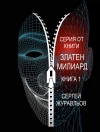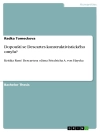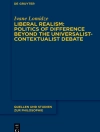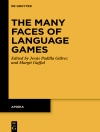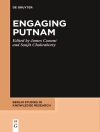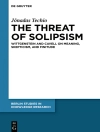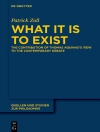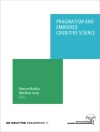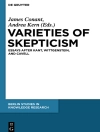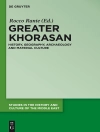As the Second World War began on 1st September 1939, the environment for sport also changed, in part, dramatically. Official propaganda no longer considered football to be just a mere game, but as an instrument of political and military intentions. However, due to its unpredictability, football was only suited for this to a limited extent. At the same time, this sport created politically-neutral spaces for exciting entertainment and escapist diversion. The focal points of the book are the situations in the European countries occupied by German troops, the Greater German Reich, in the Allied and neutral states and in the British sphere of influence, as well as the reception of the issue in the arts.
O autorze
Dr. Markwart Herzog, religious philosopher and sports historian, is Director of the Swabian Academy in Irsee. Dr. Fabian Brändle, historian, researches and publishes on the history of democracy, popular culture, the popular autobiography and the social history of the sport.


